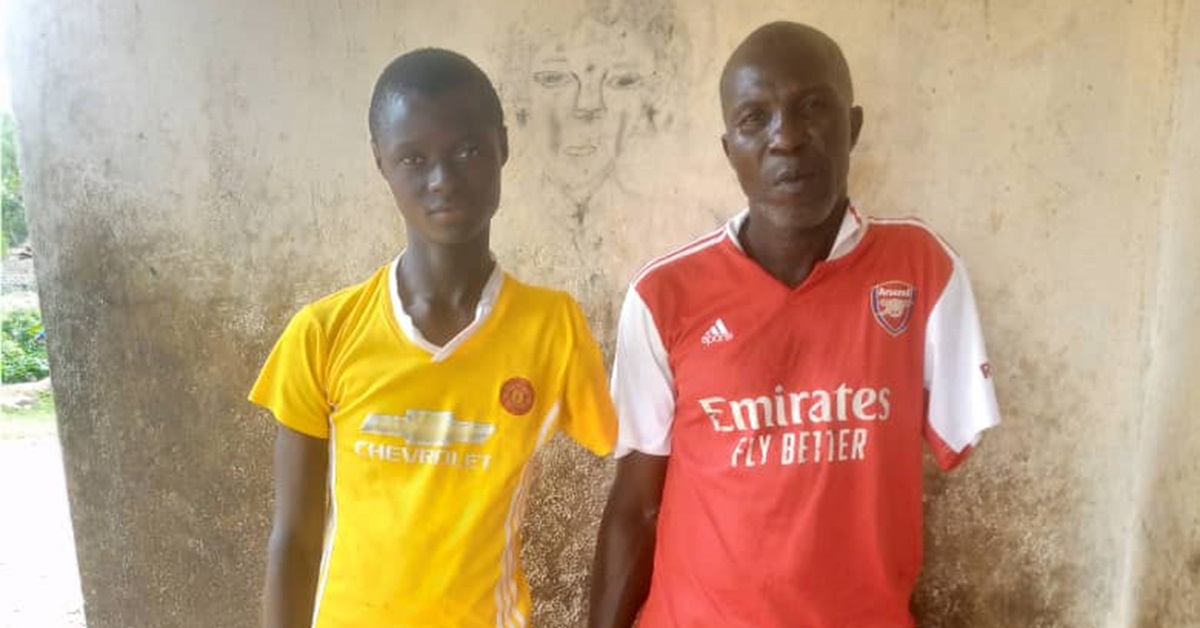The Sierra Leone 11yrs brutal civil war came with a wave of indiscriminate amputation. The dismembering of one or more limbs of people during the war has, however, left many Sierra Leoneans exposed to harsh challenges.
In northern Sierra Leone, war victims, most of who are amputees, explain the myriad of difficulties they are faced with – from personal experiences to community-based problems.
After the 11-year civil war, a camp was established in Makeni for amputees and war wounded, according to Alimamy Conteh, a war amputee.
Amputee Camp is the home of many people in northern Sierra Leone whose limbs were cut off during the carnage of war. Unfortunately, the community is short of basic social amenities. This, of course, has rained untold hardship on the war victims living where they thought would have been their haven.
Speaking about their challenges, Gbessay Kamara said Amputee Camp has only one source of safe drinking water. As a result, many people living in the community have been exposed to diseases like typhoid, diarrhea, et cetera.
“There is only one well in this community. It is, in fact, a community well. It is the only source of safe drinking water here, ” Gbessay Kamara said, adding that, “Most times, people go down to the stream to fetch drinking water. You know how unsafe is this type water. Some people bathe and defecate in it. No wonder we are always diagnosed with either typhoid or diarrhea.”
Alimamy Conteh continued from there, stating that the community also lacks health centre. Among other factors, this makes patients from Amputee Camp suffer excruciating pain before reaching hospital. Meanwhile, Amputee Camp is at the outskirt of Makeni. It is several miles away from Government Hospital.
According to the war wounded, donations from both government and nongovernmental organizations have been the main livelihood for most of them. However, they (donations) have stopped coming in recent years. This, too, has fueled their sufferings, especially those who are incapacitated: cannot find for themselves.
Regardless of all the challenges, Alimamy Conteh, an amputee father of six children, hawks fruit and other ware.
“Selling fruit during Luma is now my main livelihood since donations are no longer coming,” Alimamy Conteh said.
He added that all the attempts he has made to get himself a better source of income have been futile, claiming that most of his expected employers refer to him as a “half human”.
“Every so often, I try to get job, but people shun me. Some even refer to me as a half human, because of my condition, ” he said.












These are pictures those clamoring for war, if they don’t get power.
Power that they want only thru social media. No constitution, no tripartite that all was loose for.
They seem not to care of those amputee that surferred thru no fault of them.
By the way, the peace accord stipulated very favorable condition for the war affected. But for 11yrs no mention was made about them. It’s those backlogs affecting them now.